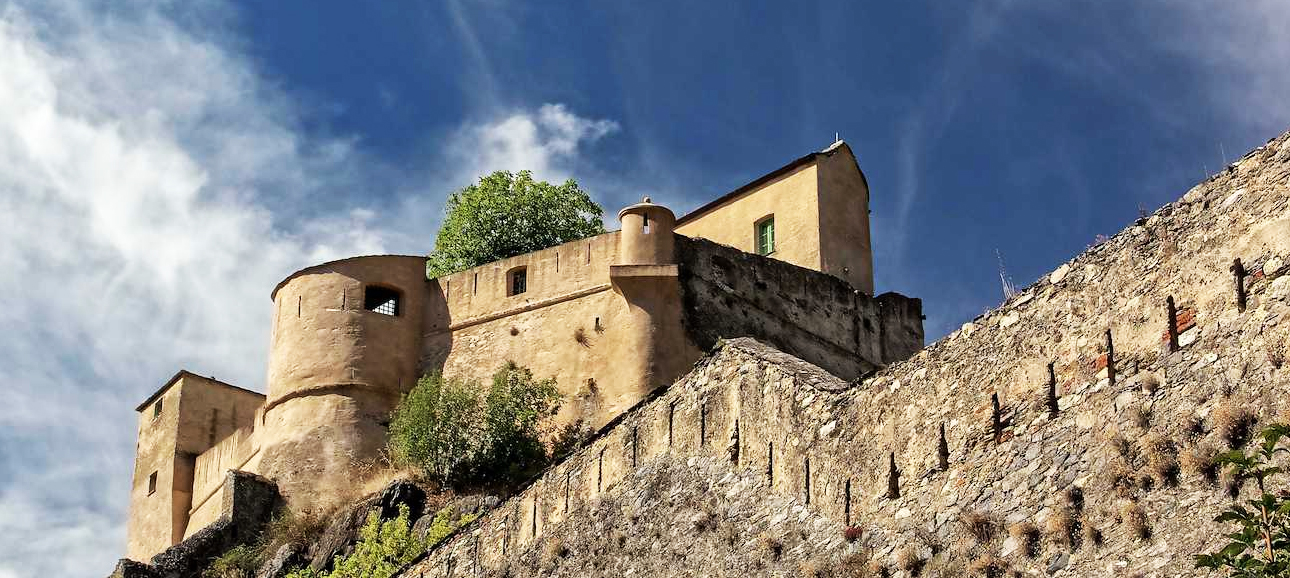 Frequently Asked Questions About The Corsica
Frequently Asked Questions About The Corsica
From cultural, social and natural aspects, Corsica has boundless information to delve into before you plan your trip.
Here are the few questions and answers which will help you get a clear idea about the island.
Where Is Corsica?
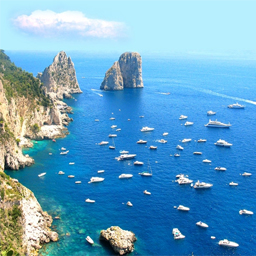
It stands on same latitude as Rome.
On the Tyrrhenian Sea of western Mediterranean Sea, Corsica is a French territory that lies 160 kilometers southwest of French Riviera, 82 kilometers west of Tuscany coast and 14 kilometers north of Sardinia in Italy.
It stands on same latitude as Rome.
What Is Geography Of Corsica?
Surrounded by Mediterranean Sea, Tyrrhenian Sea and Ligurian Sea, Corsica is dominated by Parc Naturel Regional de la Corse through which runs the GR 20 Route.
On extreme north lies Cap Corse, Bonifacio on extreme south, Aleria on extreme east and Cargese on extreme west.
Of Which Country Corsica Is A Part?
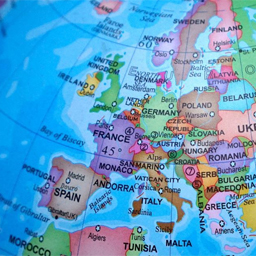
Under Versailles Treaty in 1768, Corsica was made part of France.
Administratively, Corsica is part of EU and the Collectivite Territoriale de Corse has two departments namely Corse du Sud (capital –Ajaccio) to south and Haute Corse (capital –Bastia) to north.
Under Versailles Treaty in 1768, Corsica was made part of France.
Which Languages Are Spoken In Corsica?
Official language is French however many natives talk in Corsican – Corsu, an Indo-European language with Tuscany influence.
English-speaking inhabitants are minimal.
What Is Corsica’s Flag?
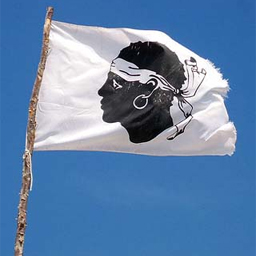
This emblem Testa di Moru is inherited from Aragon kings.
The official emblem – a Moor’s head with white bandeau is on the white flag of Corsica.
This emblem Testa di Moru is inherited from Aragon kings who were related to Corsica during the middle ages by the Pope.
How Big Is Corsica?
From north through south, Corsica Isula sprawls over 183 kilometers and from east to west it sprawls over 83 kilometers.
Covering 8682 sq km area, Corsica is actually like a mountain on Mediterranean with many peaks standing over 2000 meters altitude.
What Is The Population Of Corsica?

It is the least populated French region.
Around 280,000 people comprise of the total population while around half of them are from Bastia and Ajaccio.
The 365 villages are inhabited by more or less 100 people. It is the least populated French region.
How Is Corsican Climate?
Coastal areas enjoy Mediterranean climate while altitudes over 1500 meters have Alpine climate.
The mountain divided the island almost in half and the northern region is hotter than southern region.
Prevailing winds are westerly, north-westerly and south-westerly.
What Is Capital Of Corsica?
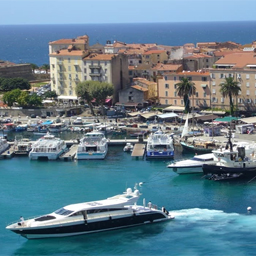
Apart from French-Italian cuisine, seafood is very popular.
Regional capital is Ajaccio in southwest region while business capital is Bastia in northeastern region.
How Is Corsican Cuisine?
Apart from French-Italian cuisine, seafood is very popular.
Chestnut flour, goat and sheep cheese like Brocciu, olive oil, wild herbs like nepita, rosemary, fennel etc, are used widely.
How Is Corsican Culture?

Corsica is also rich in arts, crafts, archaeology and heritage.
Chjame à Rispondi, a jousting by males in local Corsican dialect, Capella in polyphony etc are popular music culture.
Corsica is also rich in arts, crafts, archaeology and heritage.
How To Reach Corsica?
From Marseille, Toulon and Nice in France and Genoa, Sardinia, Savona and Livorno in Italy, ferry services are there to Ajaccio, Calvi, Bastia etc.
Figari, Calvi, Ajaccio and Bastia has airports with connection to Nice, Marseille and Paris.
How Is Landscape Of Corsica?
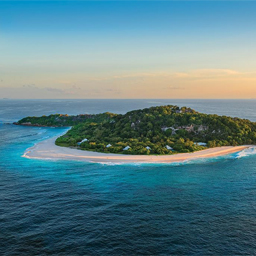
Around thousand kilometers of coast is adorned with sandy beaches, hidden coves and towering cliffs.
This Mediterranean island has northwest to southeast passing mountains of which Monte Cintu is highest with 2710 meters of altitude.
Around thousand kilometers of coast is adorned with sandy beaches, hidden coves and towering cliffs.
How Did Corsica Get Its Name?
The first colonizers named it Kersia which was changed into Kurnos and Callista by Greeks.
 Frequently Asked Questions About The Corsica
Frequently Asked Questions About The Corsica